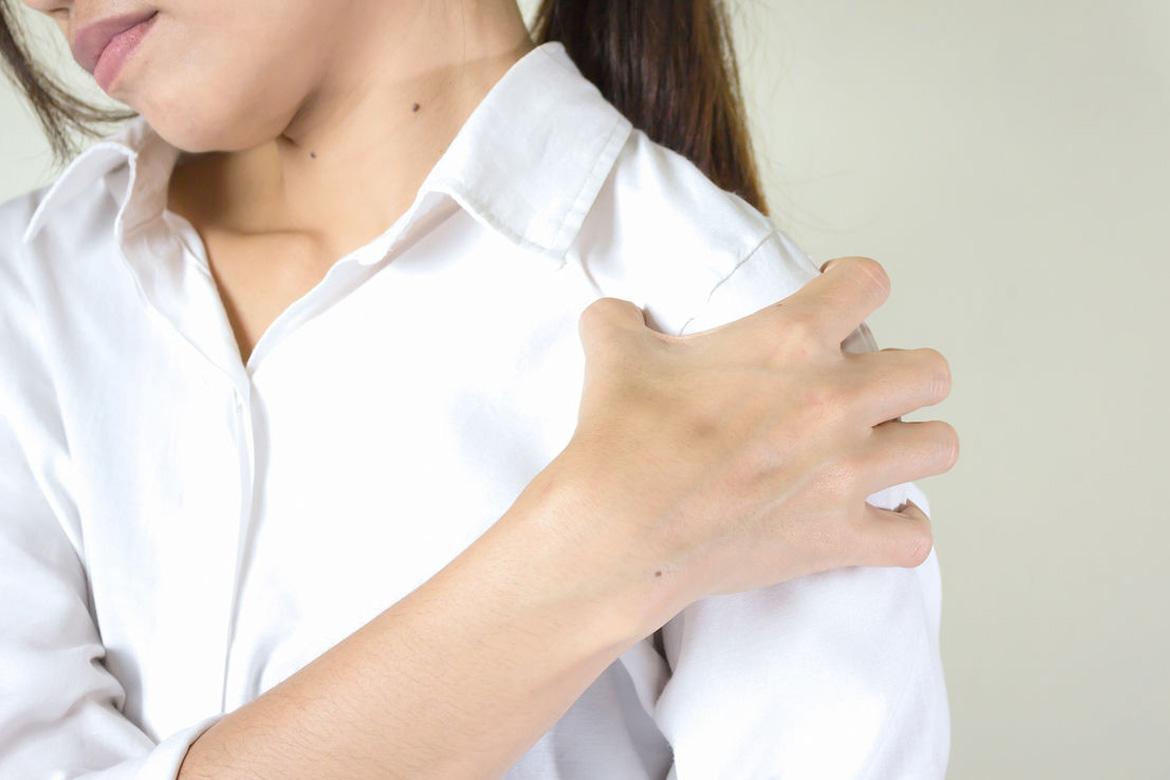
Shoulder Dislocation
How is a shoulder dislocation diagnosed?
Shoulder dislocation may be diagnosed through:
- A physical examination
- X-rays
- Magnetic resonance imaging (MRI) scan
- Computerised tomography (CT) scan
How is a shoulder dislocation treated?
Shoulder dislocations are considered medical emergencies. Early reduction of the shoulder dislocation back in place reduces the risk of cartilage damage and post-traumatic arthritis. It also improves the chances of achieving a closed reduction without requiring surgery.
During treatment for a shoulder dislocation:
- You will be given sedation and a painkiller.
- Your doctor will carefully place the arm bone back into the shoulder socket and into the correct alignment. Once the shoulder is back in place, any severe pain will lessen.
- You may have to undergo X-rays or a scan to make sure the shoulder is in its proper position.
Recovering from a shoulder dislocation
It will take a few weeks to recover from a shoulder dislocation.
- During recovery, you may have to wear a splint or sling for at least a week to promote healing and minimise pain.
- You may be asked to ice the injured shoulder 3 – 4 times a day.
- Light exercises may be recommended to maintain shoulder mobility.
- You may have follow-up appointments to monitor recovery as well as physical therapy to restore shoulder function and prevent future shoulder dislocations.
Do check with your doctor before resuming activities that stress the shoulder. This includes sports, gardening, heavy-lifting or reaching above the shoulder.
Surgery for a shoulder dislocation
Usually no surgery is necessary, especially if the shoulder has been dislocated for the first time. If a shoulder dislocation is treated early, shoulder function can be fully regained.
With recurrent dislocations, magnetic resonance imaging (MRI) or computerised tomography (CT) scans may be needed to evaluate for injury to the labrum and rotator cuff, and to see if there are bony fractures of the glenoid (socket) or humeral head (ball).
Surgery repair may be required. This can often be done through arthroscopic (keyhole) surgery, although in severe cases, open reconstruction may be required.
This coverage checker is brought to you by Health Insured, an online resource that helps you understand your health coverage in Singapore.
This page has been reviewed by our medical content reviewers.
Need help?
For enquiries, please call
+65 6250 0000 (Orchard) or +65 6898 6898 (Novena)
For appointment bookings, please WhatsApp
+65 8111 7777 (Orchard) or +65 8111 5777 (Novena)
 Brain & Spine Care
Brain & Spine Care


